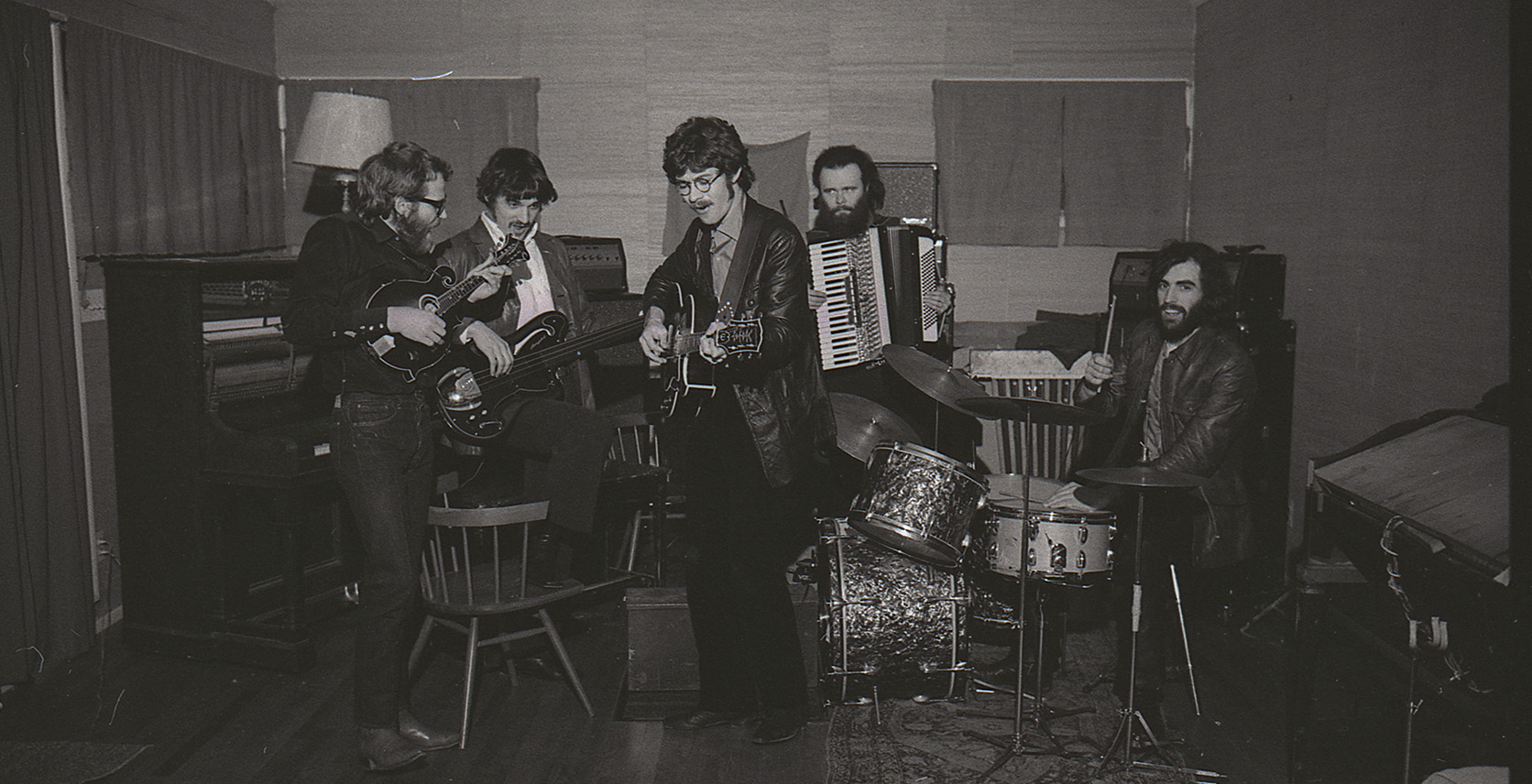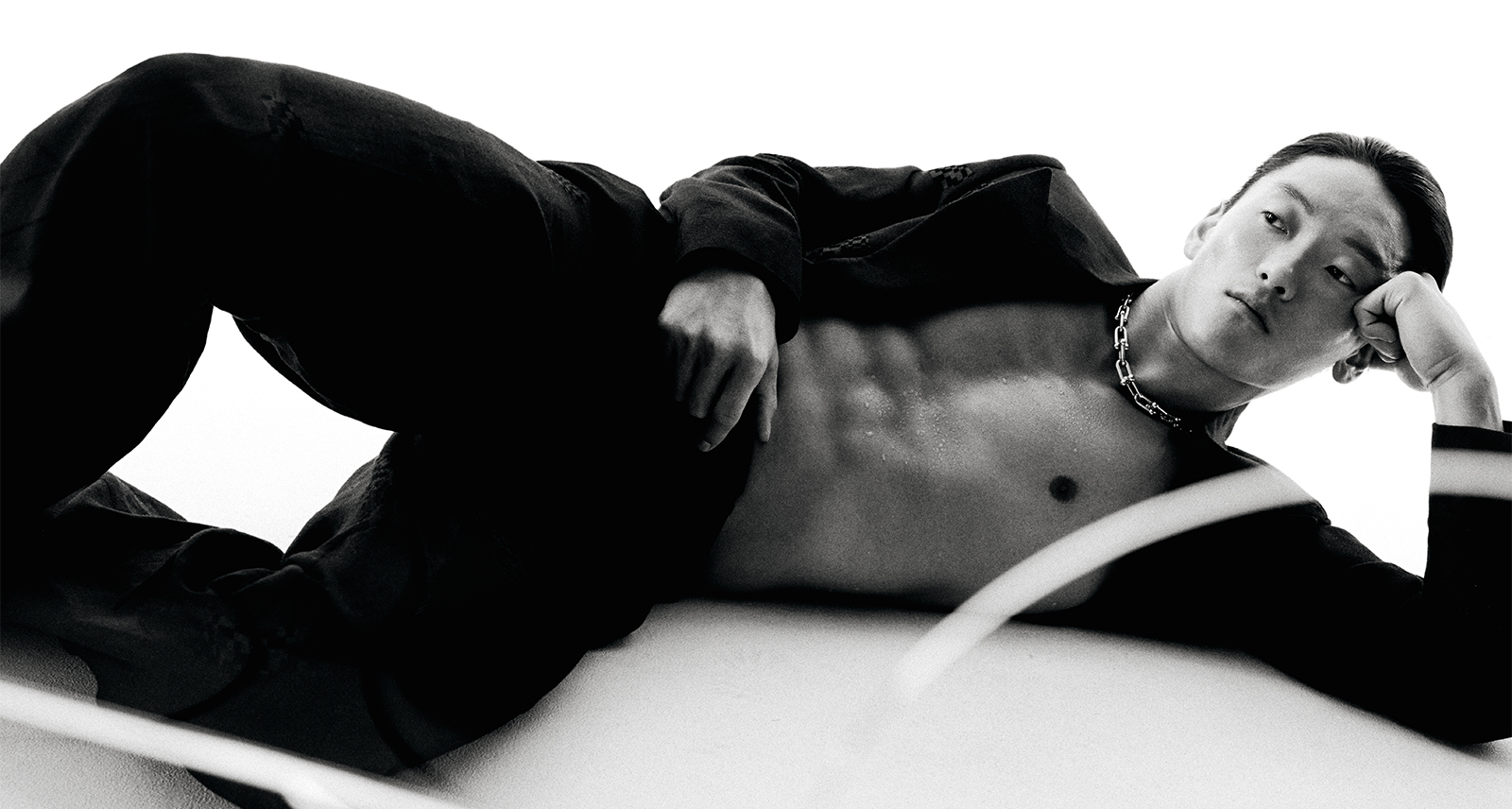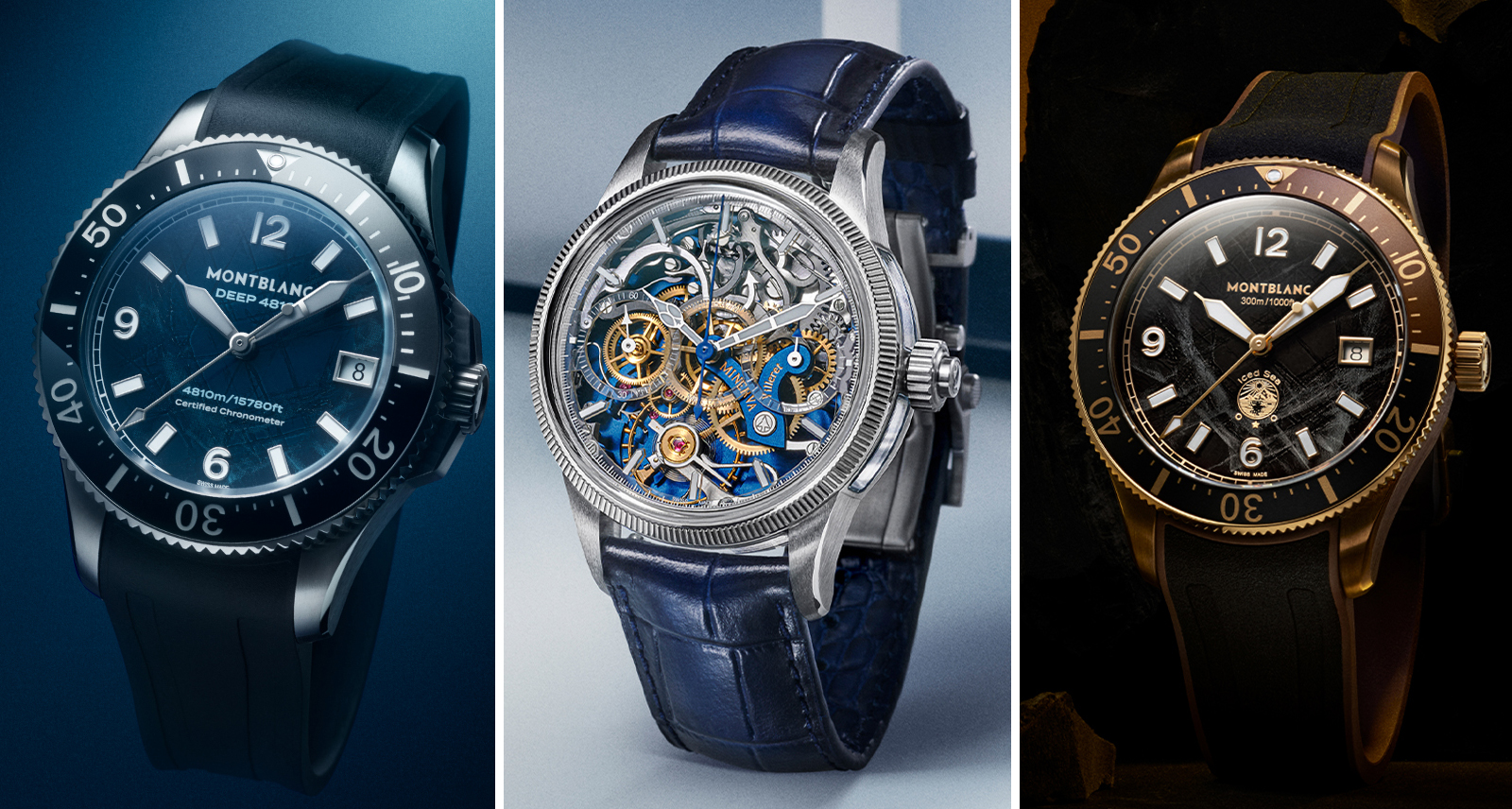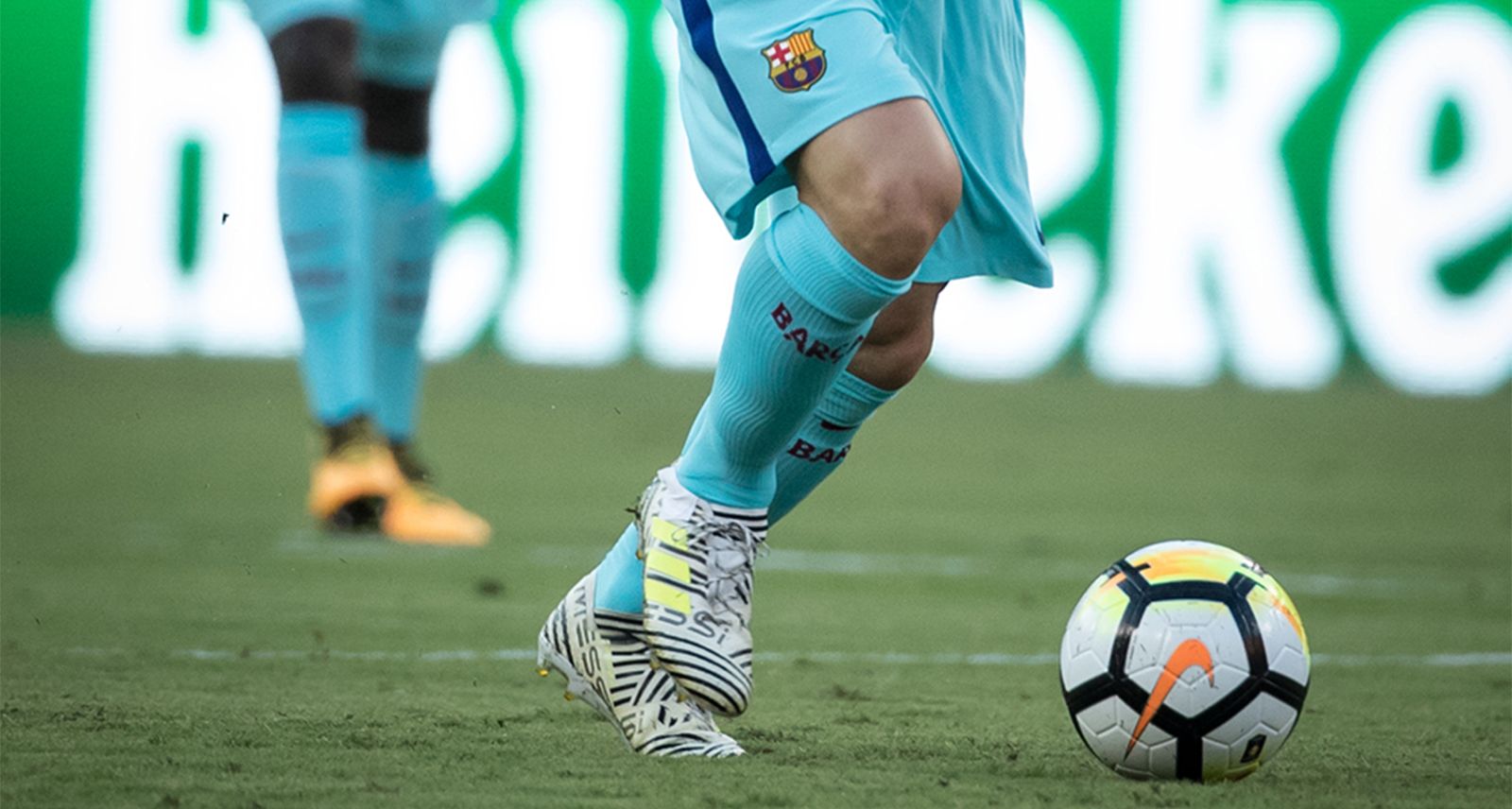Daniel Roher, the Director Behind TIFF’s Opening Film, on Telling the Story of Robbie Robertson and The Band
Everyone, meet Daniel Roher. The 26-year-old Toronto-based filmmaker makes history this month when his film Once Were Brothers: Robbie Robertson and The Band becomes the first Canadian documentary to open the Toronto International Film Festival. The movie’s an appropriate choice to nab the honour — it’s a celebration of a hometown hero, Robbie Robertson. Executive produced by Oscar winners Martin Scorsese, Ron Howard, and Brian Grazer, the doc is an impressive leap for Roher after shorts like Conversations with a Dead Prime Minister, Dilveen, Survivor’s Rowe, and the feature Ghosts of our Forest. His portrait of The Band plays like vinyl in a generation drenched in MP3s and flavour-of-the-month stars.
Once Were Brothers honours a music icon who helped shape rock ‘n’ roll history by making music with The Band. Filled with a wall-to-wall soundtrack of The Band’s greatest hits (“The Weight,” anyone?) along with new highlights (such as Robertson’s title track for the film, from his forthcoming album Sinematic), the doc is a toe-tapping essay on music that bridges generations. Told with a remarkable range of archival material and an even more impressive roster of interviewees (Ronnie Hawkins, Bruce Springsteen, Peter Gabriel, and more) articulates what makes Robertson’s career so significant in this period leading up to The Band’s fateful concert documented in the film The Last Waltz. Robertson proves himself a phenomenal storyteller as he holds court for the camera and reflects upon his early career playing for Hawkins, jamming in the basement with Bob Dylan, and overcoming the addictions and alcoholism that cut short far too many rockers’ careers, including those of some of his closest collaborators.
Ahead of the TIFF premiere of Once Were Brothers, Roher spoke to us about his passion project with the same sort of rolling, expansive storytelling audiences can expect to hear on opening night.
So how does an up-and-coming director score a gig telling the story of Robbie Robertson and The Band?
It all starts in two places. Robbie’s memoir [Testimony] came out and I just devoured it. I thought it was such an extraordinary Canadian story and musical story. Second, I just knew that the music alone would be such a phenomenal protagonist of the film, let alone Robbie’s storytelling and his raconteur credentials. I thought the job would be a dream come true. Michael Levine, a legendary godfather of the Canadian media, film, and literary world, was acting as my consiglieri on this film and he put my name forward.
I was introduced to Dave and Sam at Shed [a creative agency whose brand strategies include Universal Music]. They were among the producers on the project and Michael said I should put together a treatment of how I’d approach the film. I spent way too much time putting together this extensive treatment that nobody probably read cause it was really long. Even though I lacked a resume that might be comparable to other directors, I made up for that with my boundless passion for the material and for Robbie’s story. I always thought that if I could just meet with Robbie and have a conversation with him, I could convince him that no one would give it more than I would.
How was that meeting? What was the process for even getting it?
Weeks turned into months and I didn’t hear anything on it. Eventually I got word that [Toronto-based production company] White Pine Pictures got the film and they hired another director. I was heartbroken, but kept moving forward. I eventually learned, for whatever reason, it didn’t work out with that director. I was working there and they all pointed to me. I wouldn’t stop talking and telling people how much I wanted to do it. I met with White Pine and they set up a meeting for me to meet with Robbie. I knew I’d be able to convince him. “I will die before this movie is not great,” was my motto while approaching the film, Robbie’s story, The Band’s legacy, and the whole project. I later learned that when I met with him, Robbie saw a version of his younger self in me, which was a phenomenal compliment. Like, how extraordinary is that?
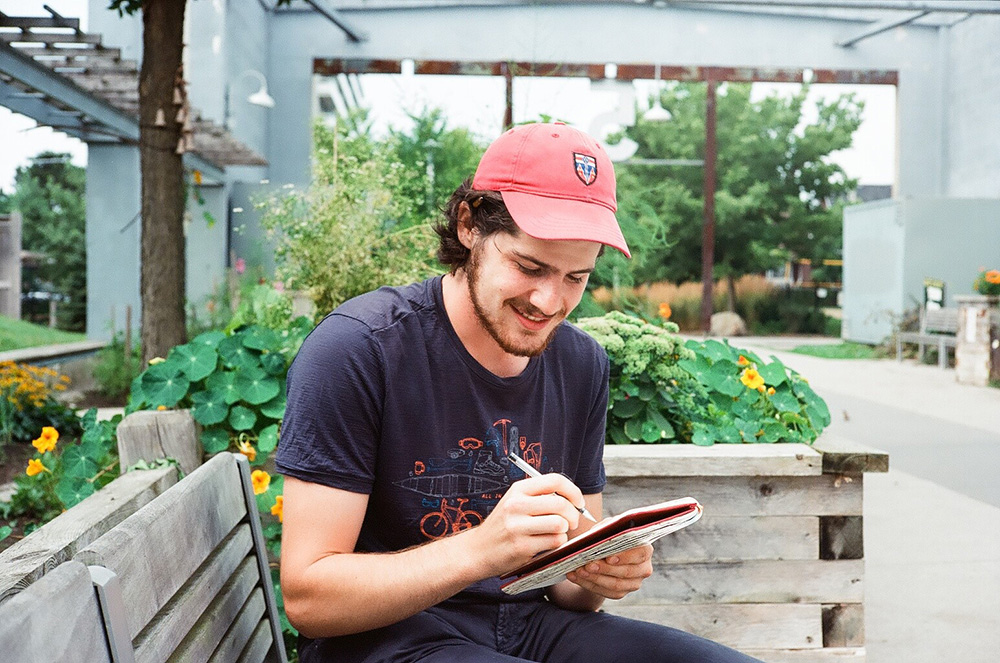
Where did your interest in The Band come from?
I grew up with the music. I probably came to it through my parents’ cassette tapes, a “best of The Band” cassette tape. The other record that I really got into was Before the Flood, the live album with Dylan. Those songs were the soundtrack of my early life. I was inspired, not just by the musicality of it, but also by the narrative aspects and emotionality of the songwriting. As someone who aspired to tell stories, I was obviously captivated by [Robertson]. For me, The Band was very much a Canadiana thing. I’d go up on a canoe trip with my dad and we’d sing “Up on Cripple Creek” as we paddled down the little cavernous creeks in Algonquin Park.
I like that parallel of how both you and Robbie really had to make something of yourselves and forge your own paths. You’re largely self-taught, correct?
Exclusively. I went to film classes in high school but I didn’t go to film school.
How has working the film school route been advantageous to developing your voice?
I never really thrived in classrooms. I’ve always been very autodidactic. If there’s something that I want to do, learn, or practice, I’ll just do it. I have always put more emphasis on lived experience as opposed to academia and classroom experience.
When I originally met with Robbie, I worked hard to put up a mirror to his experience. I wasn’t a rambling guitar player in a rockabilly band touring through the Chitlin’ Circuit and in Ontario. When I decided I wanted to be a filmmaker, I just went out into the world and learned how to make films by just making them and going to places that interested me.
I was in university for a year, but I dropped out. I would basically do these exercises where I would go somewhere, work a little bit, and make some money, whether in the Middle East, Africa, the Arctic, or places like that. I’d just land somewhere and find a story to tell and make the film. That was my film school. I think that’s in the spirit of being out on the road and playing with Ronnie Hawkins. You learn the code of the road by doing and by sinking your teeth into life. That was something about Robbie’s story that I could identify with but also inspired me.
You’ve made a lot of shorts and I understand that feeds off your sense of adventure since the films have taken you around Canada and the world. Was it a challenge to be with one project for the long haul with a feature?
I think the question speaks to the nature of documentary filmmaking. One of the reasons that I absolutely love the medium is that it keeps me energized creatively and intellectually. You have to learn how to make each film. There are foundational things that you can take to each project, but ultimately one film is completely different from the last one, which is different from the film that one. When I signed up for this project, we didn’t know how long does it take. I thought it would take a year. I was told that we’d be at TIFF ’18.
I just had to buckle down and put in the hours. I was hired as a director, but I edited the film as well, along with a couple other talented guys—Eamonn O’Connor being the main editor. We spent months sitting in a little room at White Pine. I remember sitting there on Christmas Eve just editing, editing, editing, editing. It’s like practicing until your fingers bleed if you’re a guitar player. I had to have time to experiment, practice, make mistakes, and go down roads that would lead to nowhere. The film we have now is a result of that.

It’s also a bit of a departure for you stylistically in that it’s a collage of archival material. Your shorts have a lot of animation, and I saw that you made a lot of sketches from the shoots.
That’s right. You saw it on my Instagram?
I always creep a filmmaker’s Instagram before interviews!
One of the great pleasures of this film was delving into the world of the archives. Similar to how I became an editor on this film, I was also the lead archivist. If you need to dig stuff up, there’s looking online and searching at the surface level, but I wanted to go to the archives. I wanted to find the outtakes and contact sheets. It was a process of forging relationships with the estates, lawyers, widows, and photographers who took these extraordinary pictures. It was like being a treasure hunter and my bounty was somewhere in a small storage locker on the Upper West Side of Manhattan. I had to go through boxes and boxes and boxes until I found all of David Gahr’s Band negatives and then I’m allowed to scan and digitize these materials that have never been seen before.
I guess it’s like one of your previous films with all the travelling?
If you want to be a good archivist, it’s all about interpersonal relations and putting in the time and energy to knock on doors. People typically were very receptive to that. Some photographers were more difficult to stickhandle, but there was one moment where I wanted photos by Barry Feinstein, a famous photographer who shot all sorts of pictures of Bob Dylan’s tour. His widow, Judith Jamison, is this wonderful woman in Woodstock. Judith let me come to their house in Woodstock and go through the material and negatives left by her husband, who had passed away two years ago. I was just working away until I literally passed out in this little studio on the floor. I woke up with Judith standing above and she’s like, “You want to spend the night?” That’s the spirit of how I approached this project: leave no stone unturned.
How was the process of animating these archives?
I’m really curious about how I can treat the photos more akin to animation. How can I use the outtakes to make them move, almost like with stop motion effects? How can I make them work with the music and make them work cinematically? I absolutely love not only finding archives and outtakes of photos, but I also like objects and physical media. One part of the movie that I love is the “The Weight” montage. We have a shot of the church in Woodstock and it comes through shot of Robbie on his wedding day, cuts to a shot of his baby’s birth certificate, and then it cuts to a shot of his baby. When I found that birth certificate, I wondered how could I make it move or how could I make an energetic.
I really liked that you mentioned the sequence with “The Weight” because, for me, that’s the part where everything clicks between the archives, the music, and Robbie’s storytelling. Robertson is such a magnetic and engaging storyteller, too, so how do you decide when to cut in and when to sit back and let the camera roll?
I decide when I’m interviewing. Robbie has a very specific cadence in the way that he approaches things like this. There some [film] subjects [who leave] an opening where you can cut in where and give some direction or ask them to reiterate a sound bite. But you don’t interrupt Robbie Robertson when he’s going. You just have to sit there and it doesn’t matter if it takes him half an hour to relay an anecdote. You just listen and know that the spirit of what you need will be there. He’s truly a raconteur. You do yourself a disservice to interrupt.
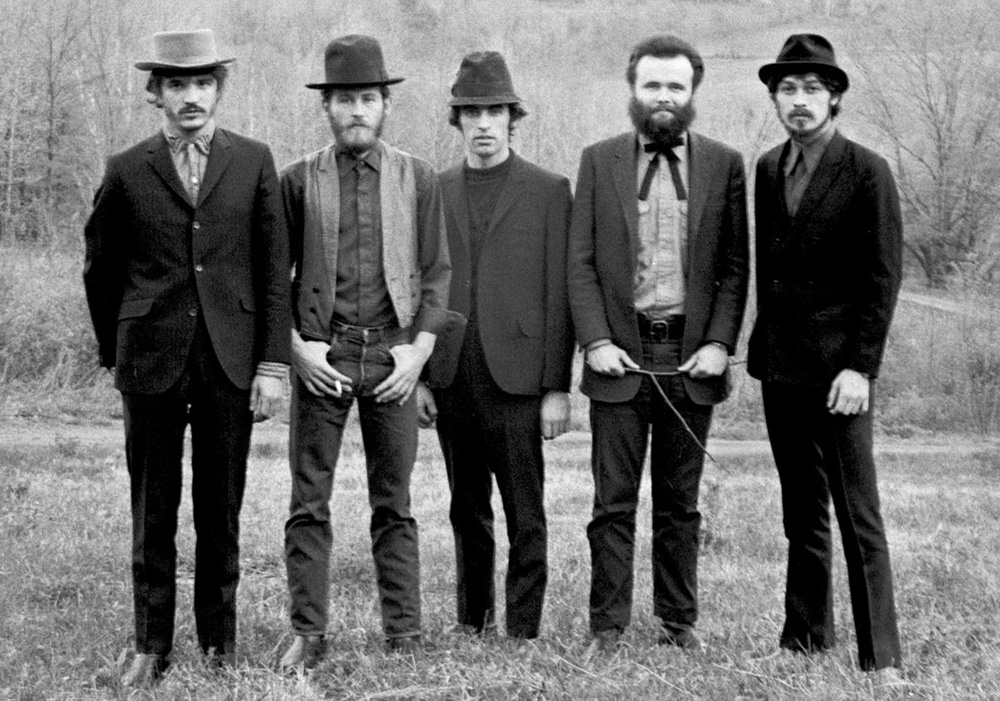
How did Martin Scorsese come on board? And did you know he was working on the Dylan documentary [Rolling Thunder Revue] at the time?
I learned about Rolling Thunder a couple months ago, probably in March when I was at Dylan’s office. I didn’t know about it and I didn’t know that [Scorsese] was directing it or anything like that, but in regards to how he became involved, we all knew it would be an extraordinary honour if he would grace the project with his blessing and be an executive producer on it. We felt there was a natural fit because he’s been such a long-time collaborator of Robbie’s. And, of course, he directed the seminal music film, The Last Waltz. After we did an interview with him, we approached him with the possibility of being an executive producer and, thankfully, he was agreeable to that. I think it was partially his love and respect for Robbie and The Band’s legacy, and I like to think he saw something in me and believed in my vision for the film.
You mentioned earlier how you came to The Band through your parents and this year we’re seeing a lot of music docs coming out about that generation: Rolling Thunder, Echo in the Canyon, the docs on Gordon Lightfoot and David Crosby, etc. I’m just a few years older than you and was wondering about this after seeing the film: What music of our generation will we be listening to and seeing movies about in 40 years?
There are some artists from my perspective that will have a timeless quality. I think we’ll still be listening to Kendrick Lamar, Kanye West, Chance the Rapper or even Jay-Z in 40 to 50 years in the way that we listen to The Band. The foundational generation of hip-hop has a timeless quality. I think a lot of popular music for our generation doesn’t have the same lasting resonance that the popular music of our parents’ generation would have. Rock and roll doesn’t seem to be the predominant musical art form anymore. Hip-hop has taken the mantle, which is very exciting as it has the opportunity to empower a diverse array of voices. It will be interesting to see what will have a lasting quality when it comes to other genres of music.
Your films look at the unique aspects of Canadian history and Robbie Robertson’s story is interesting because he was one of the first big Canadian rock stars, but he had to go to the USA.
What’s more Canadian than having to go to America to find success?
If Marty picks up the phone, will you go down south?
I am very proud to be Canadian and when I think of what it means to be Canadian, for me, it’s a set of values: pluralism, diversity, freedom of thought, openness, and everything that I think the Canadian experience really aspires to. That’s what resonates for me. Whether I’m in Canada making films or in America or making films, those Canadian values will continue to guide how I facilitate myself in the world. I don’t really know where I’ll end up, but ultimately my Canadian-ness is an inalienable part of my DNA. I think it’ll be a question of where can I have the most impact and where can I make films that will have the widest audience.
